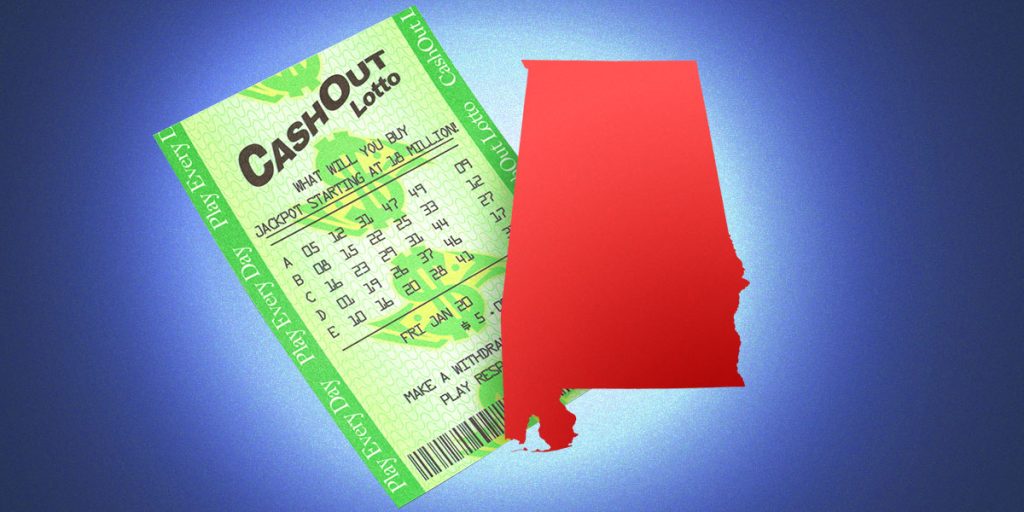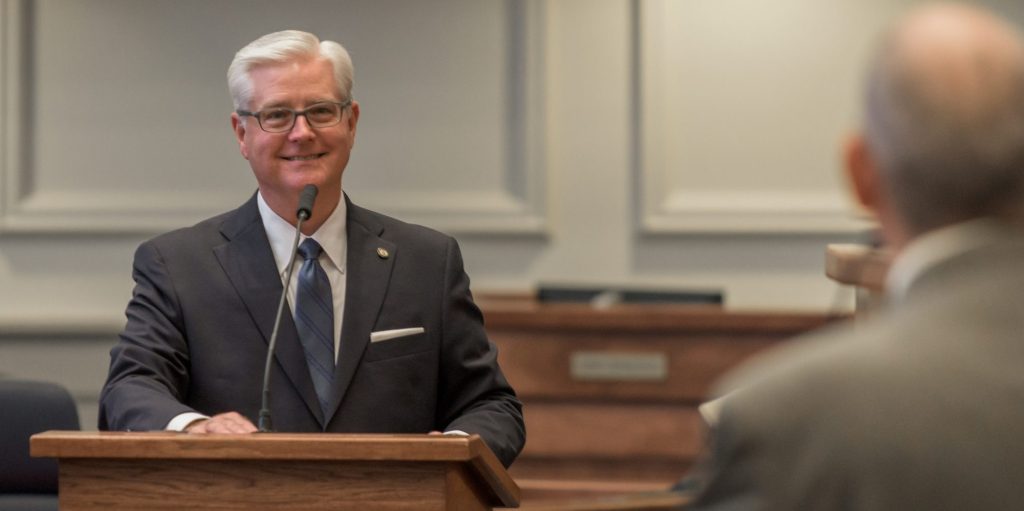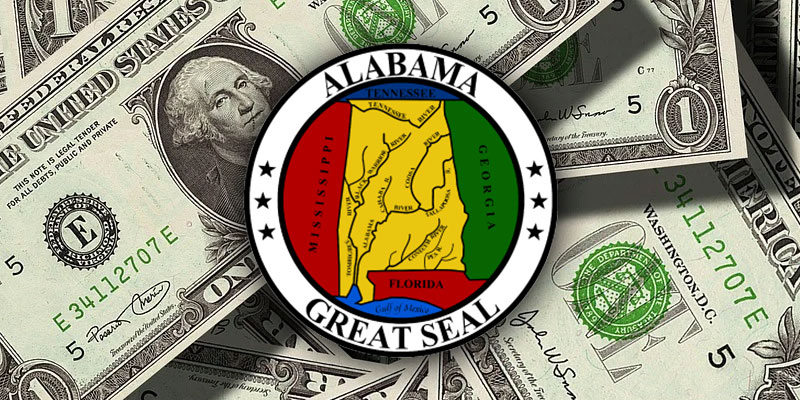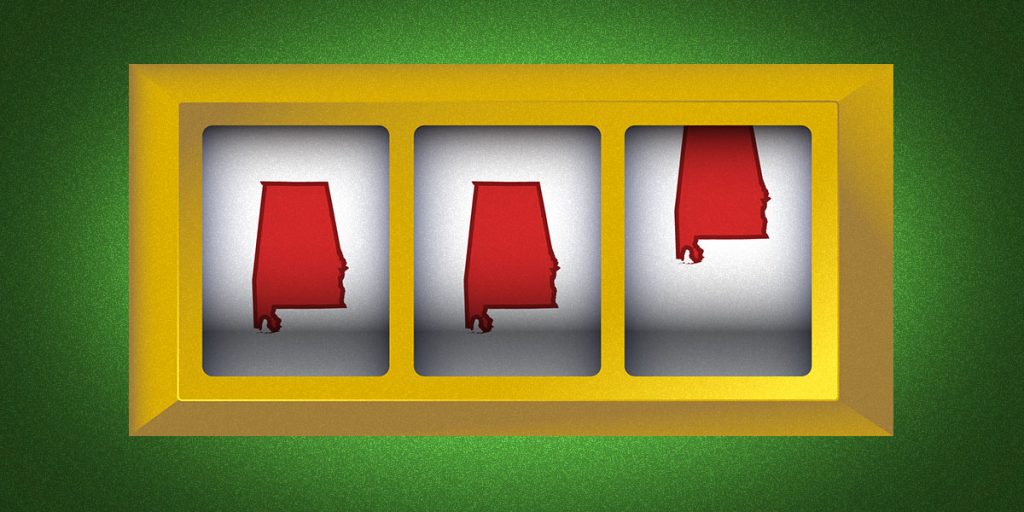Like Jason from the Friday the 13th movies, the proposed lottery for Alabama is back from the dead. By the time you read this, however, Alabama’s Jason might have been killed again. If so, I suspect he will return for another sequel soon.
A bill allowing a lottery, casinos and sports betting failed in March to pass the Senate by the required three-fifths majority. A subsequent lottery-only bill passed after being amended to include casinos and sports. If the House approves, state residents will vote on a constitutional amendment.
Why should gambling be illegal? Remember, government prohibition is not about whether you wish to engage because legalization will not make anyone buy lottery tickets or make bets. Prohibition is about using government force against willing participants.
Unlike assault, burglary or murder, gambling does not physically harm others – or violate persons or property rights – and is thus a “victimless crime.” Without a victim to report the crime, enforcement difficulties allow illegal gambling to persist.
Although some commit crimes to get gambling money, the potential for purchase with stolen money provides is a bad reason to prohibit activities. Desperate people will steal for food or to buy Christmas gifts for their children.
Governments have long criminalized vices. Yet, dislike by others would allow any unpopular activity to be banned. “Live and let live” offers, I think, a better way to organize society because we do not have to spend our time, effort and money fighting to keep our favorite activities from being banned.
Even if once considered a vice, changing societal attitudes are shrinking support for gambling prohibition. And while laws can signal official disapproval, the moral force is very limited when so many states have legalized some gambling.
The strongest argument for prohibition, I think, is the potential for problem gamblers to harm themselves and their loved ones. Prohibition here serves as a form of self-constraint. Increasing the cost of gambling means fewer people starting and then developing an addiction.
Addiction’s harms should never be dismissed, especially the harm to gamblers’ children. Yet, prohibition primarily drives gambling underground and illegality often worsens societal harm.
We can regulate public companies running legal gambling to limit the harm problem gamblers can do to themselves until they are ready to get help. We cannot make illegal bookmakers and loan sharks be kind to those who owe them money. The risk of prosecution from participation in an illegal activity also keeps problem gamblers from seeking help.
Prohibition’s costs are significant, beginning with inconveniencing Alabama’s many responsible gamblers. It also disadvantages Alabama businesses. How much more attractive might Mobile be as a convention destination with a nearby casino? And businesses can have difficulty recruiting workers who enjoy recreational gambling. Plus, the state loses revenue when Alabamians spend gambling dollars in Florida or Mississippi.
AL.com columnist Cameron Smith raises an intriguing problem with funding government on gaming revenues. Gambling as a tax is paid disproportionately by lower income households. Big lottery jackpots offer a false hope of instant riches. Mr. Smith observes, “For as inept as government can be, it must not knowingly harm citizens.”
Although sounding paternalistic, this really is a question about political philosophy. Should the state pay for ads designed to make heads of cash-strapped households buy more lottery tickets? Alabamians who believe that the state needs additional revenue should feel very uncomfortable about a tax which relies on questionable decisions by fellow citizens. Mr. Smith proposes taxing private lotteries to keep government out of the gaming business.
Many Alabamians enjoy spending some of their time and money on various forms of gambling. Legalization should be about the freedom to gamble, with regulations to limit the harm to problem gamblers. The ensuing revenue is then from a reputable leisure time activity, not the wages of sin.
Daniel Sutter is the Charles G. Koch Professor of Economics with the Manuel H. Johnson Center for Political Economy at Troy University and host of Econversations on TrojanVision. The opinions expressed in this column are the author’s and do not necessarily reflect the views of Troy University.













